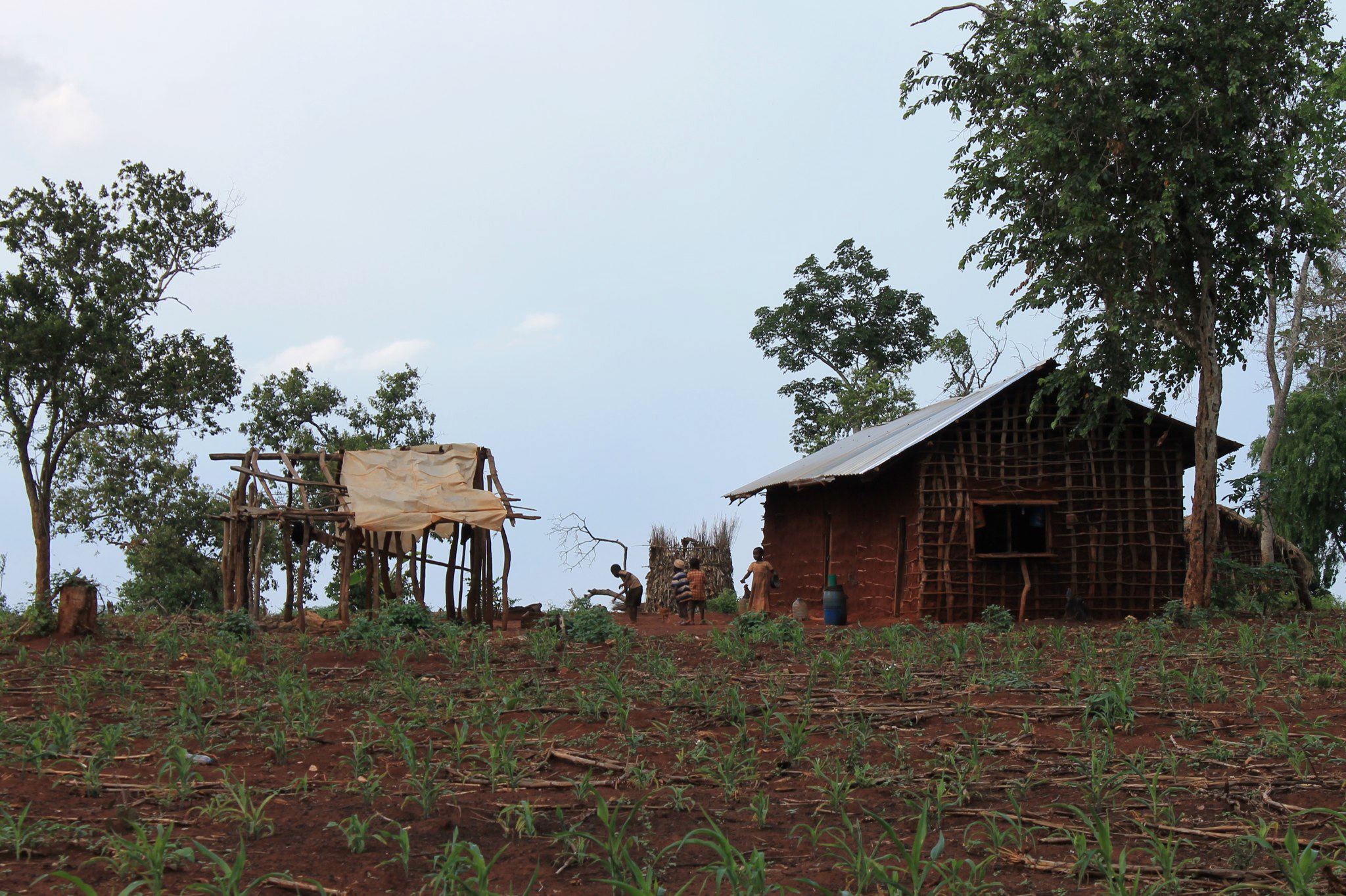Drawing on interviews conducted in 2017 with support from JUSTRAC, this report examines the case of the Somali Zigula in Tanzania, a former refugee population granted citizenship through a resettlement process—a “durable solution” to a refugee crisis. Since naturalization, Somali Zigula citizens rarely seek opportunities to engage formal institutions of justice, often because of an overwhelming lack of knowledge, fear of the justice sector, lack of financial resources, or assumptions formed about the state through abusive police interactions. Instead, they rely more on traditional forms of justice, despite their shortcomings. To address those challenges for the Somali Zigula and other former refugee groups, “durable solutions” require the creation of multi-sector protection plans that emphasize the overlap of legal, social, and civic protections for rights to ensure full social participation as citizens. This paper discusses the complex forms of vulnerability faced by the Somali Zigula in Tanzania, as well as how they relate to access to justice, and offers recommendations for practitioners engaged in durable solutions programming and other programming for former refugee populations.
Refugees face a unique form of vulnerability after naturalization. Despite this legal change in status, refugees’ experiences with violence, persecution, and torture at the hands of justice sector institutions, or the state more broadly, in their country of origin or refuge, may deeply influence their relationship and orientation to their new home country, including its laws and legal institutions. For the Somali Zigula, multiple, intersecting experiences of vulnerability create a vicious feedback loop in which a lack of access to legal information and negative interactions with police undermine trust in the justice sector, which exacerbates vulnerability and alienation for Somali Zigula.
This paper offers general recommendations for the United Nations High Commissioner for Refugees (UNHCR), UNHCR partner governments, donors that support durable solutions and durable solution programming, and host governments, as well as recommendations that are unique to the Somali Zigula case in Tanzania. The recommendations focus on thematic areas that influence justice sector access, including educating former refugees on their new country’s laws and the concept of rights; the ways that former refugees’ experiences in their country of origin shape their ability to access justice sector institutions and understand laws post-naturalization; the important role police play in creating durable solutions through citizenship programs; the multisectoral nature of solutions to former refugees’ access to justice; and country-specific recommendations for the Somali Zigula and similar citizenship programs.

